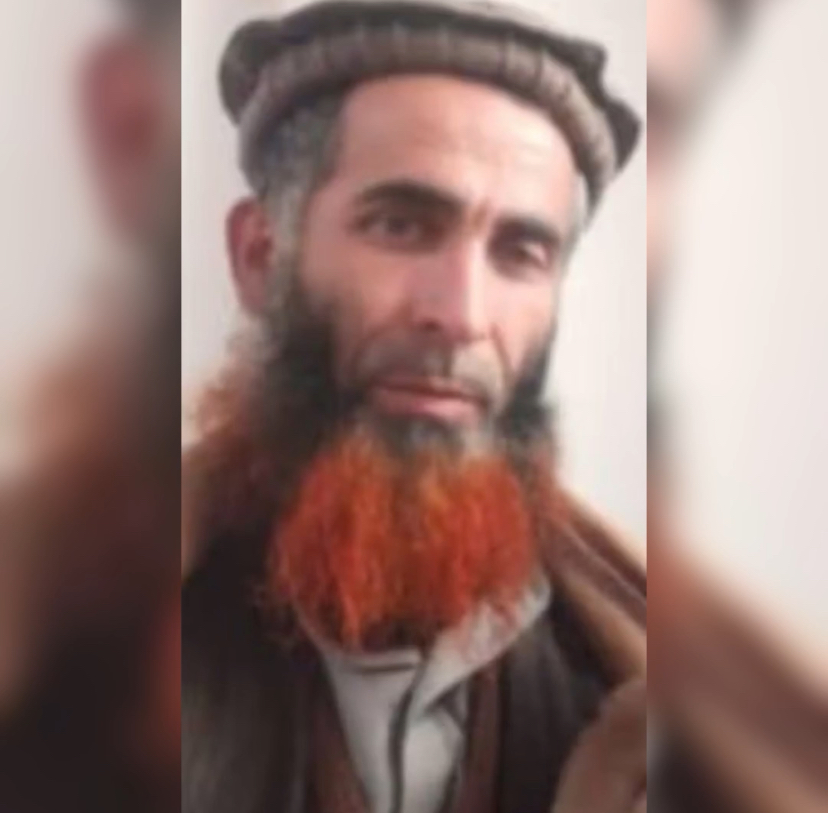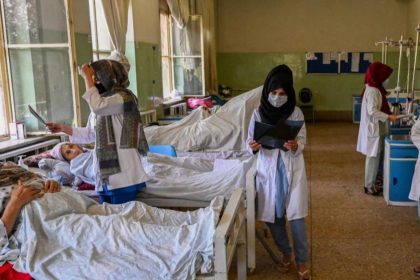RASC News Agency: Badakhshan, Afghanistan: In a stark illustration of the Taliban’s deepening internal divisions, Mawlawi Zaidullah, a Salafi-affiliated Taliban commander, was reportedly killed in fierce armed clashes with fellow Taliban forces in the Shahada district of Badakhshan province. Local sources confirmed that the confrontation erupted late this afternoon following heightened tensions between Zaidullah and Taliban commanders loyal to the military leadership in Kunduz. The Taliban responded by dispatching a reinforcement convoy from Baharak district, further escalating the standoff.
Eyewitnesses reported the use of both light and heavy weaponry, resulting in significant casualties on both sides. Although Taliban authorities have yet to issue an official statement, local sources told RASC News that Zaidullah was killed alongside four of his bodyguards. The situation remains volatile, and the Taliban have neither confirmed nor denied these reports. Zaidullah, who had recently returned to his native district after years of residence in Iran, had been under Taliban surveillance for some time. Earlier attempts to detain him most notably, a failed siege of his home in Shahada had stoked further mistrust. According to residents and analysts familiar with the region, the Taliban’s allegations of Zaidullah’s links to ISIS-K appear to be a convenient pretext to eliminate a rival faction rather than evidence-based security action.
The origins of the feud reportedly lie in a longstanding personal and ideological dispute between Zaidullah and Amanuddin Mansoor, the commander of the Taliban’s so-called 217 Omari Corps in Kunduz. This rivalry, rooted in power competition and doctrinal divergence, reflects a broader pattern of infighting within Taliban ranks particularly between Salafi elements, former foreign returnees, and the ultraconservative Kandahari elite who now dominate the regime’s inner circle. This incident is the latest in a wave of infighting that has engulfed parts of Badakhshan in recent weeks. Armed clashes between local Taliban factions have increased, undermining the group’s already tenuous grip on a province known for its resistance to centralized rule. In a separate development over the past two days, residents of Jurm district confronted Taliban special forces who had been sent to destroy opium fields a campaign widely perceived as selective, unjust, and politically motivated.
Adding to the unrest, Taliban fighters in various districts have staged protests against the provincial administration, accusing senior officials of corruption, arbitrary governance, and systematic exclusion of local cadres. These grievances reflect mounting frustration among grassroots Taliban fighters who feel abandoned by a leadership increasingly concentrated in the hands of a privileged few with ties to the southern heartlands. Despite efforts by Taliban propagandists to project an image of unity and control, incidents like the Shahada clash expose the regime’s growing disarray. What the Taliban call an “Islamic Emirate” is, in reality, a patchwork of rival factions, united only by a shared contempt for democracy and a brutal disdain for dissent.
For the people of Badakhshan already reeling under a regime that has criminalized education, erased women from public life, and silenced the media such infighting offers no solace. It merely amplifies the insecurity and lawlessness they face under Taliban rule. While international actors continue to engage the Taliban diplomatically, hoping for moderation, the reality on the ground is one of authoritarian implosion, fueled by ideological intolerance and unchecked internal repression.






